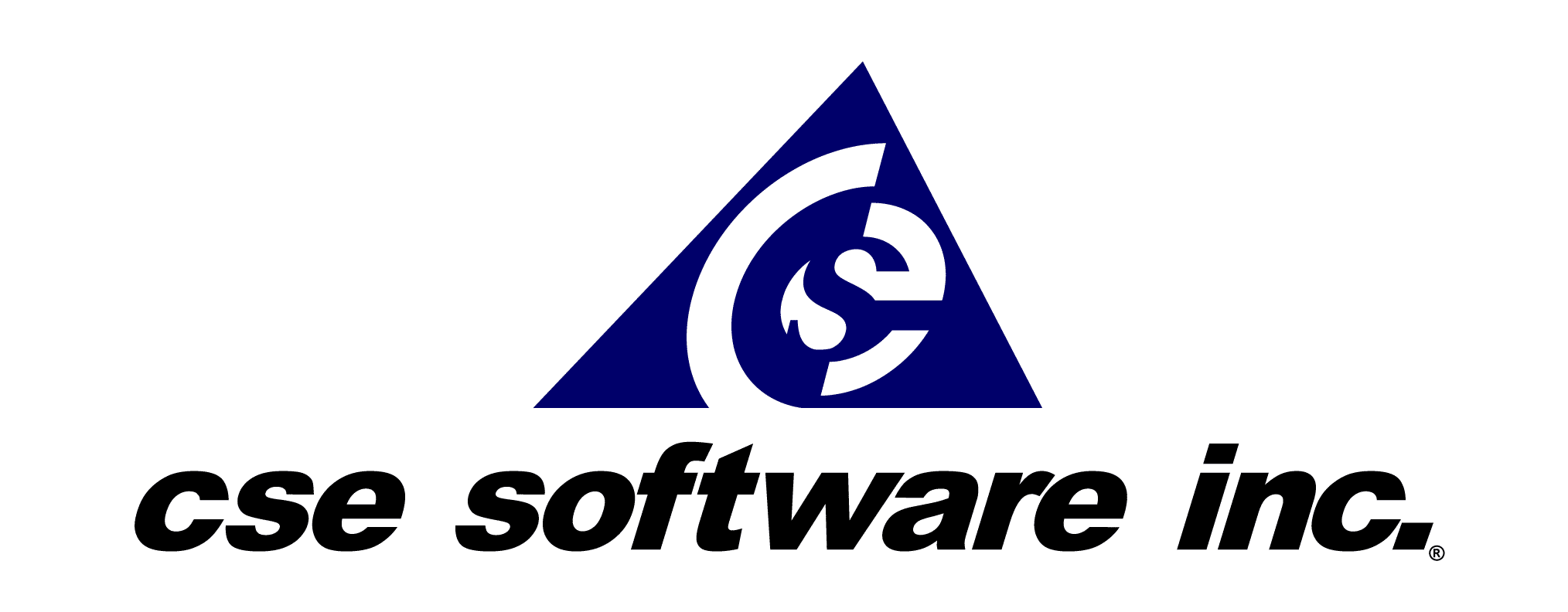Imagine you’re driving a car, and suddenly, the engine starts making a strange noise. You’re not a mechanic, so what do you do? You take your car to an expert who can diagnose and fix the issue. In the world of IT support, businesses face similar situations when their systems encounter technical glitches. That’s where Help Desks come into play, offering specialized assistance to resolve these issues efficiently.
In this article, we’ll dive into the different levels of Help Desk support and how each tier tackles IT challenges. Just like a car repair shop with multiple experts, Help Desks utilize a tiered structure to ensure problems get solved effectively. We’ll journey through Level 1, Level 2, and Level 3 support, discovering the roles, responsibilities, and benefits each level brings to the table.
Level 1 Support
When you encounter an IT hiccup, the first responders are the heroes of Level 1 support. Think of them as the friendly customer service representatives who greet you at the door of an establishment. These professionals are equipped with the knowledge and expertise to handle basic issues and provide quick solutions. Their primary goal is to resolve problems on the spot, just like changing a flat tire.
Responsibilities of Level 1 Support:
- User-Facing Troubleshooting: Level 1 support deals directly with end-users. They are adept at identifying and diagnosing common problems users encounter, such as password resets, software installations, and email configuration.
- Ticket Triage: When a user submits a ticket, Level 1 support is responsible for reviewing and categorizing the issue. They direct more complex problems to higher support levels, ensuring efficient escalation.
- Knowledge Base Maintenance: These experts continually update the knowledge base, containing solutions to frequently occurring problems. This empowers users to find quick resolutions on their own.
[wpb-pcf-button]
Level 2 Support
Imagine you encountered a car issue that Level 1 couldn’t fix; it’s time to take your car to the Level 2 support, akin to visiting a specialized car mechanic. Level 2 support professionals have a deeper understanding of IT systems, allowing them to tackle more complex problems. They are like the detectives of IT support, investigating the root causes behind issues and devising comprehensive solutions.
Responsibilities of Level 2 Support:
- In-Depth Troubleshooting: Level 2 support analyzes escalated tickets from Level 1 and delves deeper into the technical aspects of the problem. They perform advanced diagnostics to identify underlying issues.
- Software and Hardware Expertise: These professionals possess in-depth knowledge of specific software and hardware configurations, enabling them to handle intricate technical challenges.
- Remote Support and Escalation: Level 2 support may use remote access tools to assist end-users directly. If the issue still requires more expertise, they escalate it to Level 3 support.
Level 3 Support
When the complexities of an IT problem reach their peak, it’s time to call in the big guns—Level 3 support. These experts are equivalent to the top engineers of a car manufacturing company. Level 3 support professionals possess extensive knowledge and experience, capable of tackling the most perplexing and unique technical issues.
Responsibilities of Level 3 Support:
- Highly Specialized Solutions: Level 3 support deals with intricate problems that require deep technical expertise. They might need to create custom solutions and workarounds to resolve these issues effectively.
- Collaboration with Vendors: In cases where issues are related to third-party software or hardware, Level 3 support collaborates with vendors to find suitable solutions.
- Continuous Improvement: These experts work on proactive measures to prevent future occurrences of complex issues, such as system enhancements and patches.
Like a well-oiled car repair shop, Help Desks operate efficiently through tiered support levels. Level 1 acts as the welcoming face of support, addressing common issues with speed and precision. Level 2 handles more challenging problems, akin to specialized mechanics, going under the hood for thorough troubleshooting. Lastly, Level 3 support, the top engineers, resolve the most intricate IT challenges with their wealth of expertise.
In the ever-evolving world of technology, a robust Help Desk system is crucial to keep businesses running smoothly. Each support level serves a specific purpose, ensuring that problems are resolved promptly, allowing organizations to focus on what truly matters—achieving their goals.
Outsourcing has become a prevalent strategy in the business world, and the realm of IT support is no exception. When it comes to managing Help Desk services, many organizations are exploring the advantages of outsourcing. Outsourcing Help Desk services to external experts can lead to a smoother and more efficient support experience. Talk to our experts to seamlessly incorporate remote help desk support into your business and boost your bottom line.
Frequently Asked Questions (FAQs)
- Can a Help Desk operate without tiered support levels?
The need for a support tiers depends on the complexity of an organization’s IT infrastructure and the frequency of intricate technical issues. Small and medium size businesses should consider outsourcing help desk support when necessary.
- Are Help Desk levels only applicable to IT-related problems?
While tiered support systems are commonly used in IT support, the concept can be adapted to various industries with specialized technical assistance needs.
- Can Level 1 support technicians escalate tickets directly to Level 3?
In most cases, Level 1 support must first attempt to resolve the issue before escalating it to higher levels. This ensures that simple problems are resolved quickly without overburdening Level 3.
- What qualifications do Level 2 and Level 3 support professionals typically hold?
Level 2 and Level 3 support professionals often have relevant certifications and extensive experience in their respective domains.
CSE Software Inc. offers remote help desk support from a professional, friendly staff. With 30+ years of delivering support services around the world, our team has a proven system to take care of customers, including prioritizing and escalating any incidents to achieve desired resolutions. Retain your loyal customers! Find out how efficient and affordable outsourcing can be. Talk to a CSE Expert today and get customer service support integrated at your business today!
Learn More about CSE Help Desk Services
[social_buttons facebook=”true” twitter=”true” linkedin=”true” style=”default”]

